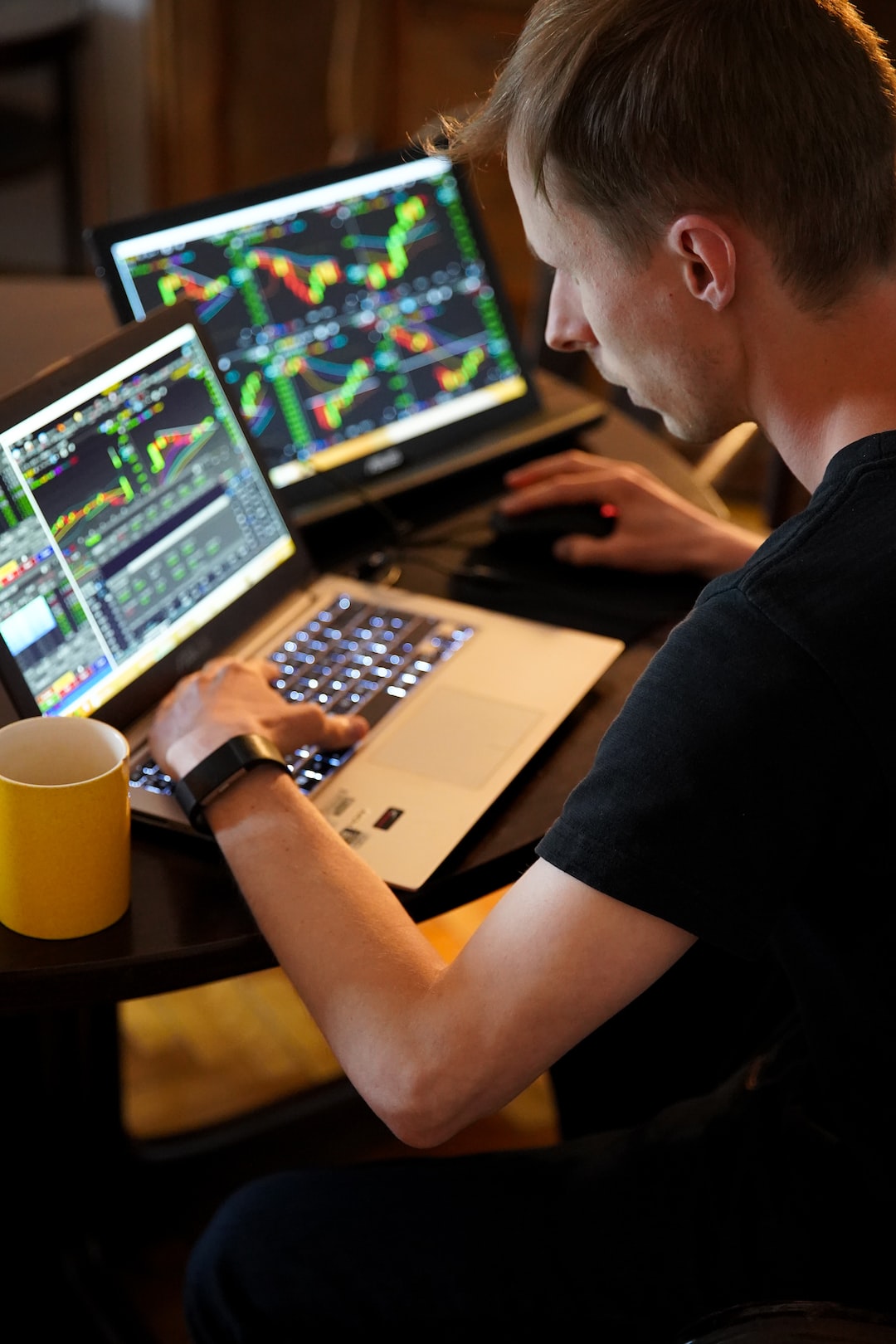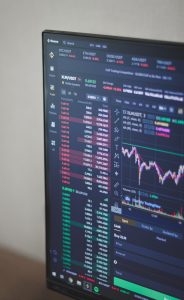Forex trading is a complex system that involves various players, including large institutions. Institutions, such as banks and hedge funds, are the major players in the Forex market. These institutions trade Forex for various reasons, including speculation, hedging, and investment purposes. In this article, we will delve into the details of how institutions trade Forex.
Forex trading involves the buying and selling of different currencies. The exchange rate between currencies fluctuates constantly, and institutions take advantage of these movements to make profits. Institutions trade Forex in large volumes, which can be worth billions of dollars. They use sophisticated trading strategies and tools to maximize their profits.
One of the primary reasons institutions trade Forex is for speculation purposes. They take positions in different currencies based on their expectations of future exchange rate movements. Institutions analyze economic data, political events, and other factors that can affect the exchange rate. Based on their analysis, they take positions that they believe will be profitable.
Institutions also trade Forex for hedging purposes. They use Forex to manage their exposure to currency risk. For example, a multinational corporation that operates in different countries may use Forex to hedge against currency fluctuations. By hedging their risks, institutions can protect their profits and reduce their losses.
Institutions also use Forex for investment purposes. They invest in different currencies based on their expected returns. For example, if an institution expects the value of a currency to appreciate in the future, they may invest in that currency. Similarly, if they expect a currency to depreciate, they may sell that currency.
Institutions can trade Forex in various ways. They can trade directly in the interbank market, which is a network of banks that trade currencies with each other. They can also trade through Forex brokers, who act as intermediaries between the institutions and the interbank market. Forex brokers provide institutions with access to liquidity and other trading tools.
Institutions also use different trading strategies to trade Forex. One popular strategy is carry trade, which involves borrowing in a low-interest-rate currency and investing in a high-interest-rate currency. This strategy can be profitable if the exchange rate remains stable or appreciates. Institutions can also use technical analysis, which involves analyzing charts and patterns to predict future price movements. They can also use fundamental analysis, which involves analyzing economic data and other factors that can affect the exchange rate.
Institutions have a significant impact on the Forex market. Their large trading volumes can influence the exchange rate and create market movements. Institutions can also use their trading power to manipulate the market, which can be illegal. Regulators monitor the activities of institutions to ensure that they are trading within the rules and regulations.
In conclusion, institutions are major players in the Forex market. They trade Forex for different reasons, including speculation, hedging, and investment purposes. Institutions use different trading strategies and tools to maximize their profits. They trade in large volumes, which can influence the exchange rate and create market movements. Regulators monitor the activities of institutions to ensure that they are trading within the rules and regulations.





